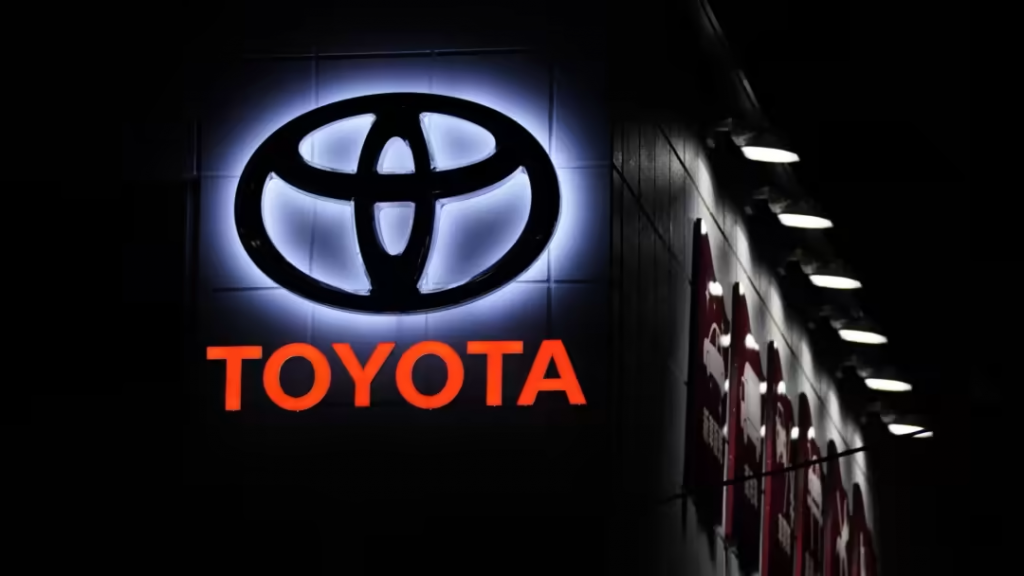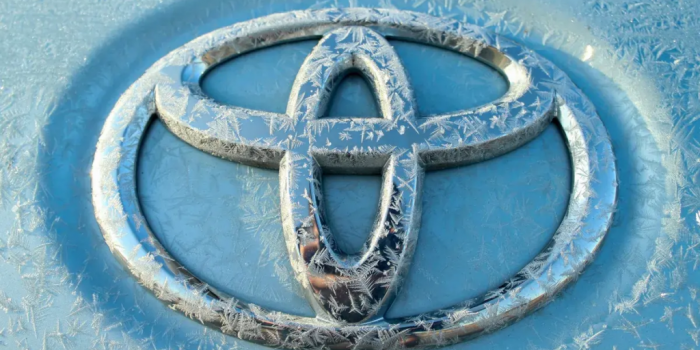Toyota, the Japanese automaker, has set ambitious goals to reduce the size, cost, and weight of batteries used in its electric vehicles (EVs) through advancements in solid-state battery technology. The company’s top battery expert revealed plans to simplify the production process for battery materials, leading to a decrease in costs and the realization of their next-generation technology.
Keiji Kaita, president of Toyota’s research and development center for carbon neutrality, expressed the company’s determination to change the EV battery landscape significantly. “For both our liquid and solid-state batteries, we are aiming to drastically change the situation where current batteries are too big, heavy, and expensive. In terms of potential, we will aim to halve all of these factors,” he said.
Toyota’s announcement follows the recent surprise decision to commercialize their solid-state battery technology in an EV as early as 2027. As the world’s largest carmaker by sales, Toyota is working with Panasonic to develop this technology through their joint battery venture.

Solid-state batteries have long been regarded as a promising solution to overcome challenges in EV batteries, including charging time, capacity, and safety concerns. These batteries replace the liquid electrolyte with a solid one and use lithium metal at the anode, replacing the current standard of graphite in lithium-ion batteries.
While solid-state battery technology has faced production difficulties and high costs, forcing carmakers to prioritize liquid-based lithium-ion batteries, Toyota claims to have made significant progress in addressing durability issues over the past few years. They now have the confidence to mass-produce solid-state batteries for EVs by 2027 or 2028. Toyota asserts that they have achieved a “technological breakthrough” to improve durability and have developed a materials solution that would allow an EV equipped with a solid-state battery to have a range of 1,200km and a charging time of 10 minutes or less.
Kaita emphasized the commitment of Toyota’s team, stating that all members are highly motivated and dedicated to launching the solid-state battery technology within the promised timeline. By reducing the number of manufacturing processes required for battery materials, the cost of solid-state batteries could be comparable to, or even cheaper than, liquid-based lithium-ion batteries.

Analysts view solid-state batteries as a potential “game-changer” for Toyota, which has been relatively slower in adopting EVs than its competitors. Since announcing their solid-state battery plans, Toyota’s shares have risen by 13%. However, Hiroki Nakajima, the company’s chief technology officer, cautioned that solid-state batteries have significant potential and do not necessarily represent the ultimate solution for all battery challenges. Nakajima emphasized the importance of value-added features in EVs and effective utilization of batteries to remain competitive in the EV battery landscape.
Toyota’s pursuit of solid-state battery technology aims to revolutionize the EV industry by addressing current limitations and enhancing performance, positioning the company to compete more closely with manufacturers like Tesla.


